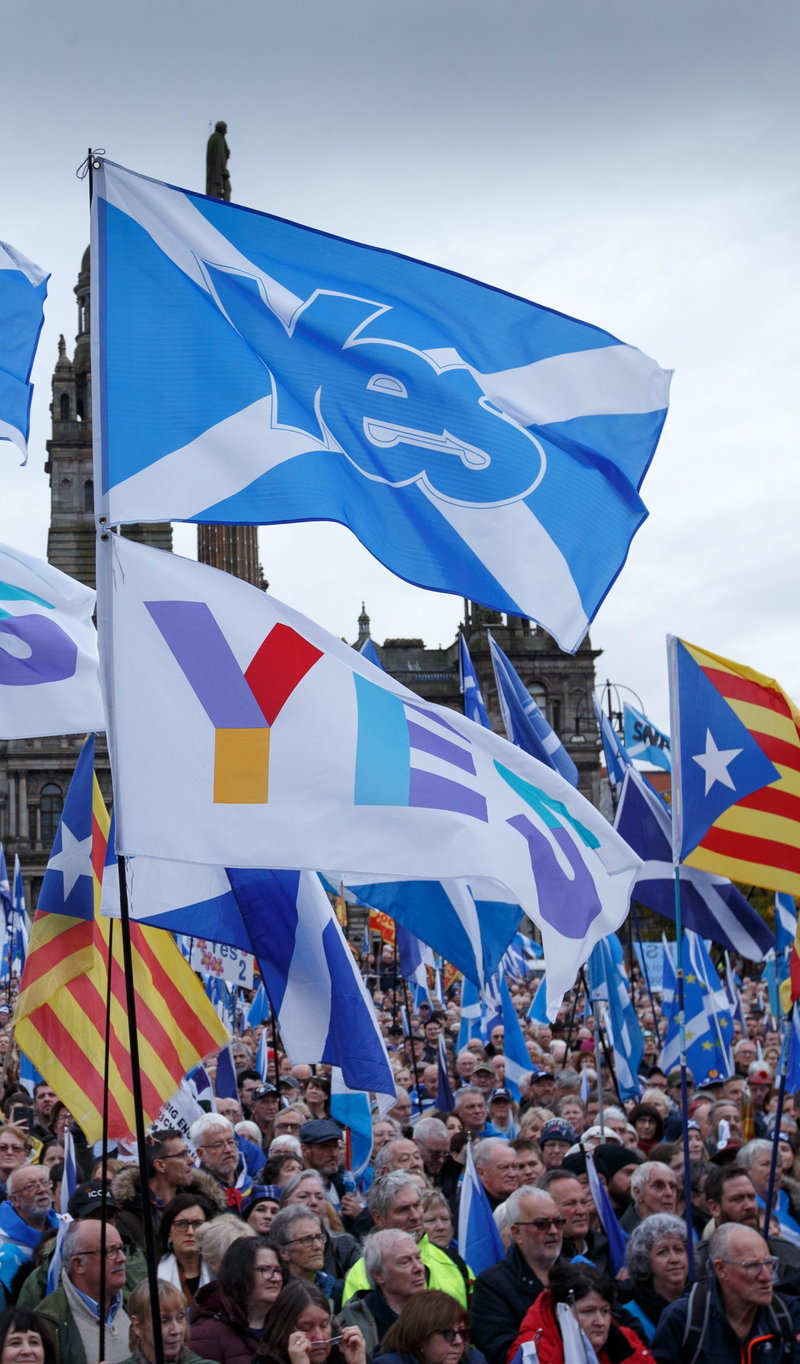Long-term resident
Days of yore
In 1914, when my maternal grandmother was a teenager, Britain ruled over 412 million people, who lived on almost one quarter of the world’s surface. In 1969, when I was twelve and she was in her sixties, I was astonished to find she still believed that the British Empire would never come to an end, even though, to all intents and purposes, it already had. (Today Britain has sovereignty over just 14 tiny territories, three of which are uninhabited). It was precisely because the British Empire was in tatters by the time the ’Sixties swung around that the then Prime Minister Harold Macmillan applied to join the fledgeling European Economic Community. Its founding countries had decided to build closer economic and political ties with each other, with the express intention of preventing any further European conflict, but when Britain finally joined in 1973, it did so for very different reasons. According to historian Jeremy Black, Britain needed the EEC as a springboard to recuperate ’its status as a world power’. In other words, although the UK’s three hundred year-long imperial party had come to an end, it had left one mother of a hangover, which would explain why, when cosying up to the continentals, Britain endowed itself with what Black calls a ‘semi-detached status’ within Europe, by refusing to join the eurozone and staying out of Schengen (but enjoying free trade, free movement of citizens, the Erasmus programme, European subsidies and so forth). Perhaps it was only a matter of time before millions of Britons – well, the English – blamed the hangover hurt in their heads (the impossibility of seizing back Britain’s nostalgically longed-for ’greatness’) on the ’bureaucrats in Brussels’, and stumbled over the Brexit precipice.
Empires leave their mark on a country long after the empire builders themselves have slunk into the recycling bin of history. Spain’s empire expanded like an oil slick over four centuries until it had occupied almost 11% of the world’s surface area, but then collapsed like a house of cards in the 1800s, when it lost most of South and Central America, plus territories in the Caribbean, Africa, and the Far East; after which its domestic population was subjected to a series of imperial wannabes: an authoritarian monarch (Alfonso XIII), a vicious dictator (Miguel Primo de Rivera), the generals who initiated a horrifying Civil War (José Sanjurjo et al), and after that, yet another vicious dictator (whose name we all know).
Perhaps Spain’s right wing and its many friends in the judiciary are suffering a post-imperial hangover similar to Britain’s, which – as the prestigious Hispano-Scottish journalist John Carlin has insinuated - would account for their strategy-free and internationally condemned jailing and ongoing persecution of pro-independence Catalans and their leaders. Meanwhile, back in England, Mr Johnson and his Brexiteers are refusing to even contemplate Scotland’s demands for a new referendum on independence. The attitudes of the right (and some on the left) in both countries boil down to the same thing, namely that they perceive a potential loss of control over parts of their respective states to be a gross insult added to the injury caused by the dissipation of the national glory once symbolised by their long-lost empires. Such harking back renders them incapable of recognising that the present-day political conflicts with Scotland and Catalonia need to be dealt with by political means, not least because for many Scots and Catalans, the future is a lot more important than somebody else’s past.


